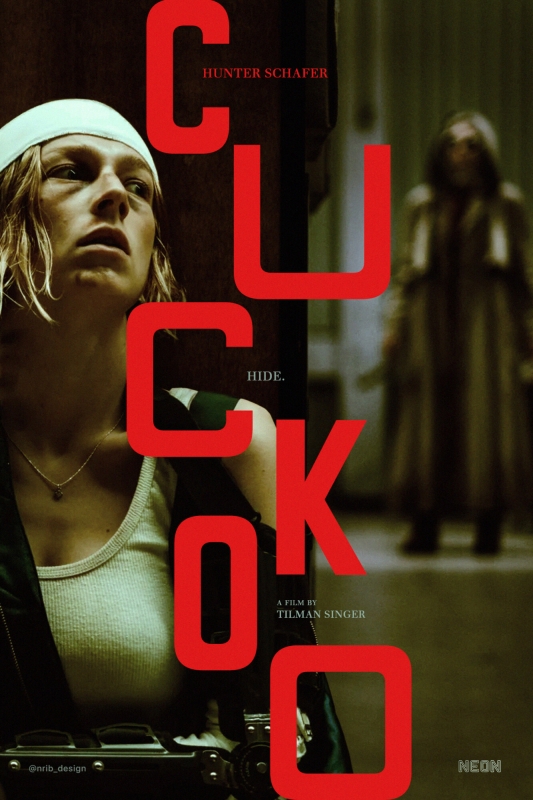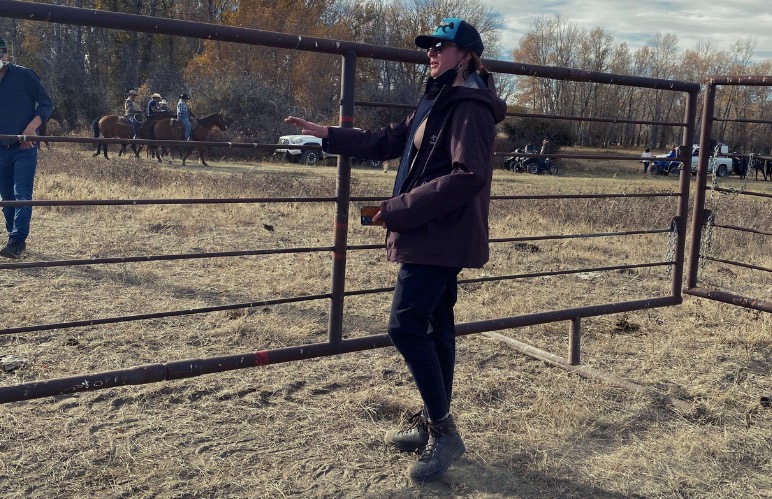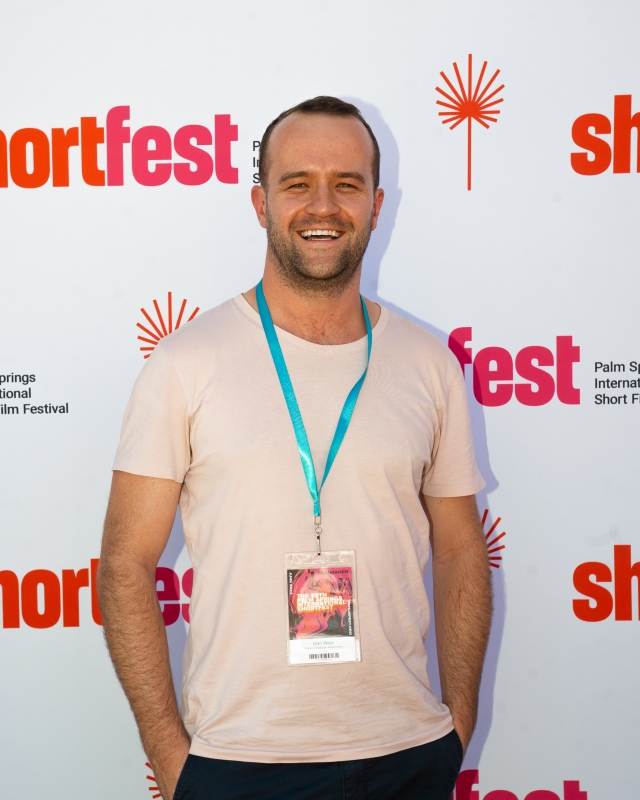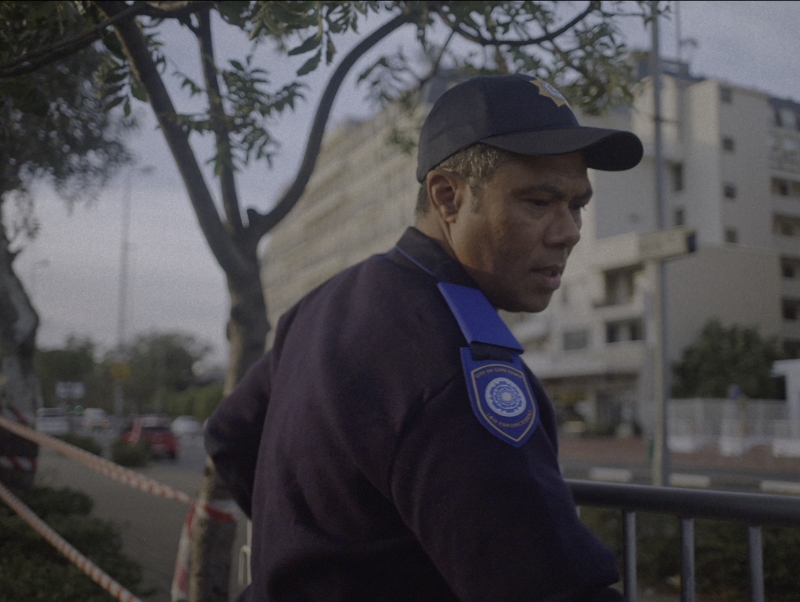|
|
||
|
Pro Tools
FILMFESTIVALS | 24/7 world wide coverageWelcome ! Enjoy the best of both worlds: Film & Festival News, exploring the best of the film festivals community. Launched in 1995, relentlessly connecting films to festivals, documenting and promoting festivals worldwide. Working on an upgrade soon. For collaboration, editorial contributions, or publicity, please send us an email here. User login |
Jeremy Irons speaks about 'TRASHED' (2012) at 65th Cannes!
On May 21st, 2012 at the 65th Cannes Film Festival, docu-director Candida Brady and Academy Award-winning actor Jeremy Irons presented their film ‘TRASHED’ (2012) in the Salle Bunuel theater to press. The film is about the horrific state of plastic and garbage, the ever looming and impossible to ignore eco-crises of our planet, which is being consumed by its own waste. Q and A with Jeremy Irons. Q: Where does your desire to make this environmental documentary come from? IRONS: It comes from a desire to do something more useful than just making endless entertainment films. I have the opportunity, as we all do, in some small way raise people’s consciousness about a particular problem. The particular problem we chose was trash. All Im really doing is what I can do to hopefully encourage a different way of living. I think we can all do it in our different spheres, and if everybody did whatever they could do to improve whatever, then I think things might begin to change. But we all know that’s a responsibility and I was delighted when Candida suggested we make a film about trash and the problems of trash, to learn myself and to do whatever I could to push that film forward. Q: You think that Cannes Film Festival is the best place to talk about waste and garbage? IRONS: I think beggars cant be choosers. I think there are a lot of journalists here in Cannes and there are a lot of people watching films. I think wherever you can put a message across that you believe is an important message and can communicate with other communicators, in other words yourselves, its got to be a good thing to do. I think it also gives a little bit more relevance to Cannes also. You know, we watch Sacha Baron Cohen and we have a laugh. But actually, why don’t we spend a few moments of our dinner parties or at our drinks parties discussing them as well as whether Brad Pitt needs a haircut or not? IRONS CONT'D: I do think there’s such a huge lobby for making plastics. I mean we have this enormous petro-chemical industry and bi-products of plastic makers, a lot of people, a lot of money, and it seems to me outrageous that governments everywhere don’t take care of us. It’s what they should be doing. It’s why we elect them, that’s why we pay them taxes. Why are they not monitoring what is going on, what is going into the oceans, what is going into our stomach, what is going into the air. I think it’s outrageous and we know that it’s us that makes government do what they have to do, which is another reason I wanted to make this film and why I’m terribly glad you’ve come, because it makes me really angry. You know, they worry about things which don’t matter a damn, and then things which really affect our lives and our children’s lives, they appear to be blind to and I hope this film will in some small way, make them realize there our future decisions that have to be made, that have to be taken seriously and that the easy option about allowing incinerators to be built because it gets rid of the problem must be looked at seriously. They must take responsibility for our votes. Q: I was wondering if you could say about an experience that turned you onto this subject? IRONS: It was really Candy who had done a lot of research and is a documentary filmmaker and when we were discussing what we would make a film about. But I am very aware of my country, because we have to start at home, but as I travel about there are different methods of where you put your rubbish and what is disposable and what is recyclable and what is not and it’s totally confusing: ‘You know, this bit of plastic, is it recyclable? What if it turns out that the bottle is but the cap isn’t? So what do I do then, do I put this here or there? And what about this glass?’ We just need very simple instructions which should be uniform across the globe, so whether or not we do it is one thing, but at least we should know what we should be doing and I found in England that each council was different, each town was different and the same in the US and the same wherever I traveled. I don’t think that’s necessary and that was one reason I thought we should make this film. Also, I think there’s a lot of money, also in trash, which I know is why it’s very difficult to encourage these recycling systems into production. There’s a lot of people making a huge amount of money out of trash, burning it and burying it. So, there’s a lot of people a fight and we have to make people care and make the subject known and public in order to fight this trash lobby. Q: I wanted to know how much were you committed in the prep for the documentary? How involved were you in the script and research? IRONS: Not at all in the script. A little bit of feed in when I was talking to people, a little with financing and a little to get Vangelis to do the music and to be there on the screen. But that was all. The research and the construction of it was all Candida Brady. Q: How is the nonsmoking going? And when you were in London, you were smoking something but it didn’t look like a cigarette so I didn’t know what that was? IRONS: The nonsmoking is a disaster, but I’m now conscious of every filter, which is a nightmare so some of the pleasure has been destroyed. You’re very perceptive because there was a part in the film, which was supposed to have been cut but obviously one scene remains, so but you know, we’re all sinners. But that doesn’t mean we can’t do anything about it. Just because I produce these horrible filters which kill water flees, I can still do something about it. IRONS CONT'D: But what we’re trying to do is spearhead the information to the right people. I hope that government members will see it, and local government members when they are giving their consents they will have some information in their heads. I think it’s very important that schools see it, because it’s the new generation who are going to be developing their habits of living while we are all set in our ways. But you know if we can encourage them to realize the idiocy of creating a huge amount of garbage, then things will change. I mean, change happens really slowly. You just have to keep at it, and the worst thing is to accept how things are in whatever state, politically, ecologically, whatever. You’ve got to say: ‘This is wrong. Lets try and change it.’ And how you educate people it’s difficult. Maybe we could have told this story in an animated way so kids rapt to it. I sometimes think we have too much information, too many talking heads, and yet one wants to get so much information in there. You know, we’re playing to an educated audience and it’s the educated audience who will lead the others to change their ways so we have to go towards good solid factual factoid. It’s tricky. I don’t know how one does it. I just think you have to keep trying. I myself recycle. I do have bonfires. I still burn my garden waste, which I think is alright because we’ve been doing that for hundreds of years. Transcribed by: Vanessa McMahon photos by Vanessa Mcmahon SUMMARY OF FILM FROM ‘TRASHED’ PRESS RELEASE In "TRASHED," Jeremy Irons stands on a beach beside the ancient Lebanese city of Sidon. Above him towers a mountain of rubbish—a pullulating eyesore of medical waste, household trash, toxic fluids and dead animals—the result of thirty years of consumption by just one small city out of how many in the world? As the day’s new consignments are tipped on top, debris tumbles off the side and into the blue of the Mediterranean. Surrounded by a vast reach of plastic bottles, a forlorn Jeremy Irons stares at the horizon. “Appalling,” he mutters. In the new docu-feature “TRASHED,” a Blenheim Films production, produced and directed by British filmmaker Candida Brady (Madam and the Dying Swan), which has been selected to receive a Special Screening at the Cannes Film Festival this month, Irons sets out to discover the extent and effects of the global waste problem, as he travels around the world to beautiful destinations tainted by pollution. This is a meticulous, brave investigative journey that takes Irons (and us) from skepticism to sorrow and from horror to hope. Brady’s narrative is vividly propelled by an original score created by Academy Awardâ winning composer Vangelis. The beauty of our planet from space forms a violent contrast to the scenes of human detritus across the globe. Vast landscaped in China are covered in tons of rubbish. The wide waters of the Ciliwung River in Indonesia are now barely visible under a never-ending tide of plastic. Children swim among leaking bags; mothers wash in the sewage-filled supply. Each year, we now throw away fifty-eight billion disposable cups, billions of plastic bags, 200 billion liters of water bottles, billions of tons of household waste, toxic waste and e-waste. We buy it, we burn it and then we ignore it. Does anyone think about what happens to all the trash we produce? We keep making things that do not break down. We have all heard these horrifying facts before, but with Jeremy Irons as our guide, we discover what happens to the billion or so tons of waste that goes unaccounted for each year. On a boat in the North Pacific he faces the reality of the Great Pacific Garbage Patch and the effect of plastic waste on marine life. We learn that chlorinated dioxins and other man-made Persistent Organic Pollutants are attracted to the plastic fragments. These are eaten by fish, which absorb the toxins. We then eat the fish, accumulating more poisonous chemicals in our already burdened bodies. Meanwhile, global warming, accelerated by these emissions from landfill and incineration, is melting the ice-caps and releasing decades of these old poisons, which had been stored in the ice, back into the sea. And we learn that some of the solutions are as frightening and toxic as the problem itself. Academy Award winning actor Jeremy Irons is no stranger to taking centre stage. But his role as our guide in “TRASHED” highlighting solutions to the pressing environmental problems facing us all, could well be his most important yet. “We’re making this movie, because there are so many people who feel strongly the urgent need for the problem of ‘waste’ and ‘sustainability’ to be addressed,” Irons says. “There is an equally urgent need for the most imaginative and productive solutions to this troublesome subject to be understood and shared by as many communities as possible throughout the world. This is where movies can play such an important role, educating society, bringing ‘difficult’ subjects to the broadest possible audience. If you look at Al Gore’s Inconvenient Truth, like it or loathe it, everyone’s heard of it. Potentially movies have the power to reach everyone, touch us on an emotional level and to galvanize us.” Candida Brady spent over two years researching and filming “TRASHED,” but Brady has been focused on the problems of waste and the environment for most of her adult life. “As a lifelong asthmatic I have always been interested in the effects of pollution. But it was meeting an environmental doctor (who saved my life) that opened my eyes to the direct effects the environment has on of our health,“ explains Brady. “When I was young I was the only kid with an inhaler—these days it's fast becoming the opposite.” Having faced the worst through much of “TRASHED,” Jeremy Irons turns to hope. He goes in search of solutions. From individuals who have changed their lives and produce almost no waste, to increasing anti-waste legislation, to an entire city which is now virtually waste-free, he discovers that change is not only essential, but happening.
13.06.2012 | Vanessa McMahon's blog Cat. : 65th Cannes Academy Award actor Al Gore Blenheim Brad Pitt British people Candida Brady Cannes Cannes Cannes Film Festival chemical chemicals China composer e-waste English people Entertainment Entertainment forward incineration Indonesia Jeremy Irons Jeremy Irons Jeremy Irons speaks about 'TRASHED' (2012) at 65th Cannes! London Mediterranean Noha Radwan Person Career plastics Sacha Baron Cohen Sidon Television the 65th Cannes Film Festival the Cannes Film Festival United Kingdom Vanessa McMahon Vangelis Interviews
|
LinksThe Bulletin Board > The Bulletin Board Blog Following News Interview with EFM (Berlin) Director
Interview with IFTA Chairman (AFM)
Interview with Cannes Marche du Film Director
Filmfestivals.com dailies live coverage from > Live from India
Useful links for the indies: > Big files transfer
+ SUBSCRIBE to the weekly Newsletter Deals+ Special offers and discounts from filmfestivals.com Selected fun offers
> Bonus Casino
User imagesAbout Vanessa McMahonThe EditorUser contributions |

























 McMahon Vanessa
McMahon Vanessa 


